Aluminum Elbow for Marine Exhaust Systems
In marine engineering, ensuring durability, corrosion resistance, and optimal flow dynamics of exhaust components is crucial for the longevity and performance of onboard systems. Among these components, the aluminum elbow stands out as a pivotal element in marine exhaust systems, combining advanced material properties with precise functionality to meet demanding maritime conditions.
Function and Applications of Aluminum Elbow in Marine Exhaust Systems
An aluminum elbow is a bent pipe fitting designed to change the direction of exhaust flow in marine vessels' exhaust systems. Typically, exhaust gases emitted by marine engines must be efficiently routed from the engine through the piping system to the vessel's exhaust outlet. Aluminum elbows facilitate redirected exhaust pathways, allowing for spatial flexibility within congested engine rooms, while also playing a vital role in ensuring minimal backpressure and maintaining gas flow integrity.
Applications extend beyond vessels with smaller to medium-sized engines to larger leisure crafts and commercial vessels, wherever the routing constraints require directional changes in the exhaust line. Moreover, because marine exhaust gases often contain corrosive by-products from combustion and salt-laden spray during operation, choosing suitable materials for exhaust elbows is critical.
Phenomenal Advantages of Aluminum in Marine Exhaust Elbows
Opting for aluminum alloys for elbows in marine exhaust systems offers several distinct advantages:
- Corrosion Resistance: Aluminum forms a natural oxide layer guarding against marine environment corrosion.
- Lightweight: Aluminum's density (~2.7 g/cm³) is significantly lower than steel, reducing overall exhaust system weight.
- Thermal Conductivity: Aluminum supports heat dissipation which helps in the temperature management of exhaust pipes.
- Strength and Durability: Proper alloying and tempering produce robust components capable of enduring mechanical stresses and transient thermal loads.
- Fabrication Ease: Aluminum allows for complex bends and shapes like elbows via extrusion and bending processes, facilitating employment in varied system designs.
Technical Details and Specifications
Aluminum elbows used in marine exhaust systems are generally supplied as high-grade aluminum alloy components conforming to marine implementation standards. Here are the critical parameters and material conditions:
| Property | Description |
|---|---|
| Material Grade | Aluminum Alloy 6061-T6 or 5052-H32 (most common marine grades) |
| Temper Designation | - 6061-T6: Solution Heat Treated and Artificially Aged |
| - 5052-H32: Strain Hardened and Stabilized | |
| Operating Temperature Range | -40°C to +150°C (continuous), short peaks may exceed 200°C |
| Corrosion Resistance | Excellent pitting and stress corrosion resistance in saline atmospheres |
| Mechanical Properties | Tensile strength (6061-T6): ~290 MPa, Yield strength: ~250 MPa |
| Thermal Expansion Coefficient | ~23 x 10^-6 /°C |
| Thermal Conductivity | 167 W/m-K (6061 alloy) |
| Standards Compliance | ASTM B211 (for 6061 and other marine-grade extruded aluminum), ABS, and ISO marine material guidelines behalf |
Alloy Tempering and Its Significance
The tempering process significantly influences the aluminum alloy’s final mechanical properties by manipulating dislocation densities in the metal. For example:
- 6061-T6 temper combines solution heat treatment followed by artificial aging, yielding a strong but more rigid material, advantageous in maintaining shape and kink-resistance of elbows.
- 5052-H32 is a strain-hardened state which provides enhanced corrosion resistance with good formability, ideal for elbow components subject to moderate mechanical loads but penetrating exposure to marine environments.
Choosing the alloy temper depends on balancing strength, toughness, formability, and resistance requirements dictated by specific vessel size and engine power.
Chemical Composition of the Common Marine Aluminum Alloys
The corrosion resistance and mechanical strength of aluminum elbows are critically impacted by their chemical makeup. Below is the typical major element content percentage for two frequently used alloys:
| Element | 6061 Alloy (%) | 5052 Alloy (%) |
|---|---|---|
| Aluminum (Al) | Balance (~97.9) | Balance (~97.3) |
| Magnesium (Mg) | 0.8 - 1.2 | 2.2 - 2.8 |
| Silicon (Si) | 0.4 - 0.8 | ≤0.25 |
| Iron (Fe) | ≤0.7 | ≤0.4 |
| Copper (Cu) | 0.15 - 0.4 | ≤0.1 |
| Manganese (Mn) | ≤0.15 | 0.15 - 0.35 |
| Chromium (Cr) | 0.04 - 0.35 | 0.15 - 0.35 |
| Zinc (Zn) | ≤0.25 | ≤0.1 |
| Titanium (Ti) | ≤0.15 | ≤0.03 |
Implementation in Marine Exhaust Systems
Installation of aluminum elbows must satisfy stringent marine exhaust codes to assure safety and performance, including compliance requirements such as angle dimensional precision and channel smoothness (roughness average Ra should be minimal to reduce turbulence and erosive build-up). Connection integrity commonly employs marine-grade gaskets and high-temp aluminum-compatible sealants to mitigate potential exhaust leaks and ensure vibration resistance.
Related Products
Custom marine aluminum profile tubes
Custom Marine Grade Aluminum Profile Tubes are manufactured from premium marine aluminum alloys such as 5083, 5052, 6061, and 6082.
View DetailsMarine aluminum rectangular tubes
Marine Grade Aluminum Rectangular Tubes are made from high-performance alloys such as 5083, 5052, 6061, and 6082. These alloys are renowned for their ability to resist corrosive seawater and marine atmospheres while providing excellent mechanical strength and toughness.
View DetailsMarine aluminum square tubes
Marine Grade Aluminum Square Tubes are typically constructed from marine-grade alloys such as 5083, 5052, 6061, and 6082—well-known for their ability to withstand the aggressive effects of saltwater and marine atmospheres.
View Details6061-T6 90-Degree Marine Aluminum Pipe Elbow
Manufactured from premium 6061-T6 marine-grade aluminum alloy, this elbow fitting is engineered to provide reliable and efficient pipe direction changes within shipbuilding, offshore platforms, and marine infrastructure systems.
View DetailsMarine aluminum round tubes
Marine Grade Aluminum Round Tubes are manufactured from premium marine alloys such as 5083, 5052, 6061, and 6082, all selected for their proven resistance to seawater corrosion and marine atmosphere degradation.
View DetailsRelated Blog
Heavy Duty Aluminum Elbow for Marine Piping Systems
In marine environments, robustness and reliability of piping systems are non-negotiable. The Heavy Duty Aluminum Elbow ($90^{\circ}, 45^{\circ}$ angles or customized) emerges as a critical junction component in marine piping installations.
View DetailsAluminum Elbow for High Pressure Saltwater Pipelines on Ships
In modern shipbuilding and marine engineering, the integrity and durability of high pressure saltwater pipelines stand as a critical priority.
View Details5083 Marine Aluminum Tubes for Ship Hull Reinforcement Materials
When it comes to building and reinforcing ship hulls, selecting the right material is critical for durability, strength, and resistance to the harsh marine environment.
View DetailsMarine Grade Aluminum Pipe Elbow for Offshore Projects
Marine environments pose unique challenges—including corrosion, mechanical stress, and exposure to harsh elements—necessitating the use of specialized materials and components.
View DetailsMarine Aluminum Elbow for Dual Water/Fuel Transfer Pipelines
The Marine Aluminum Elbow designed for dual water/fuel transfer pipelines is a critical component in the maritime and offshore industries. Engineered specifically for vessels and offshore platforms.
View Details5052 Marine Aluminum Tubes for Shipbuilding Engineering Parts
In the demanding world of shipbuilding engineering, materials are constantly put to the test by harsh marine environments. Among the myriad of metals options, 5052 Marine Aluminum Tubes is know for their remarkable balance of strength.
View Details

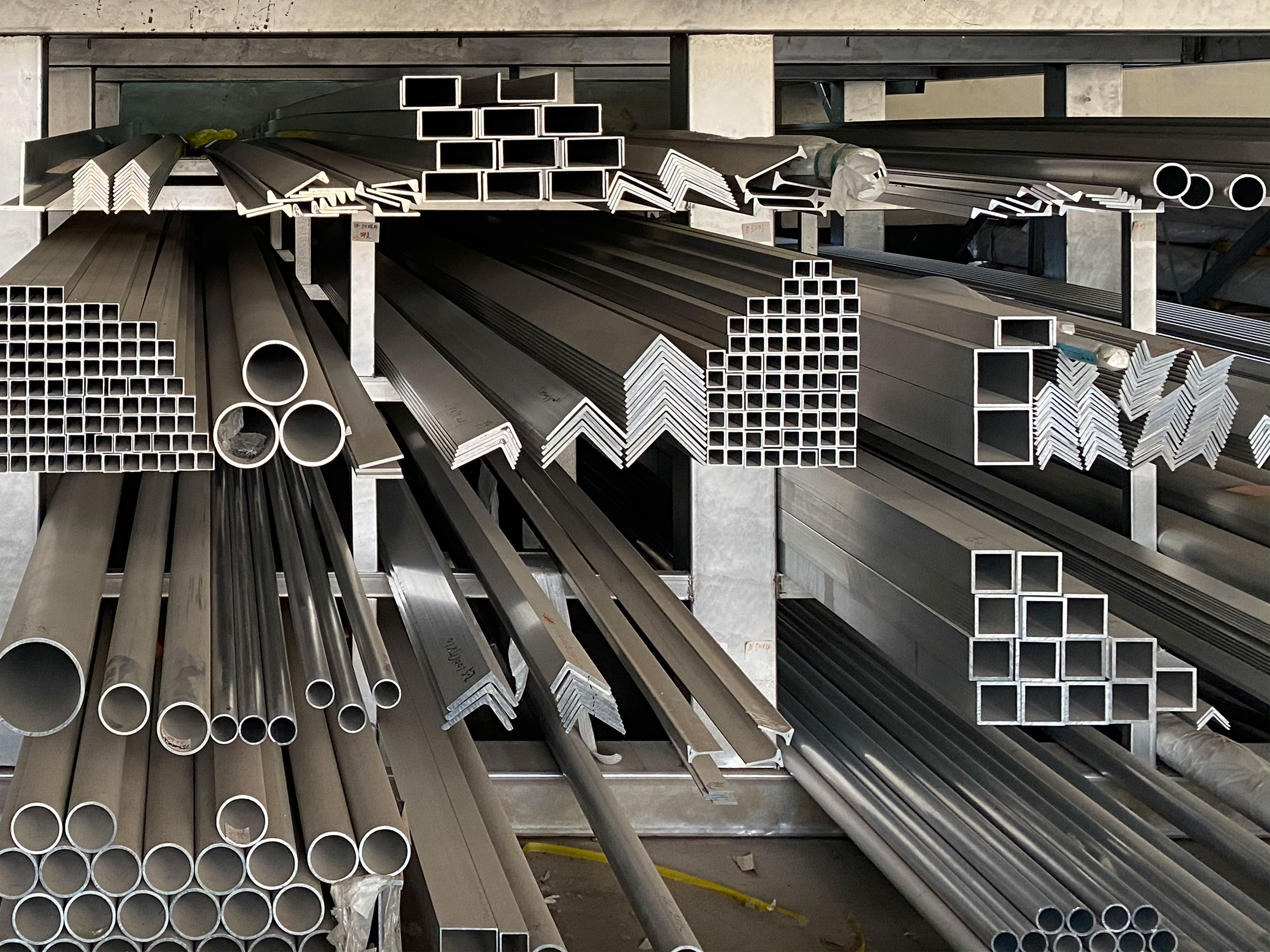
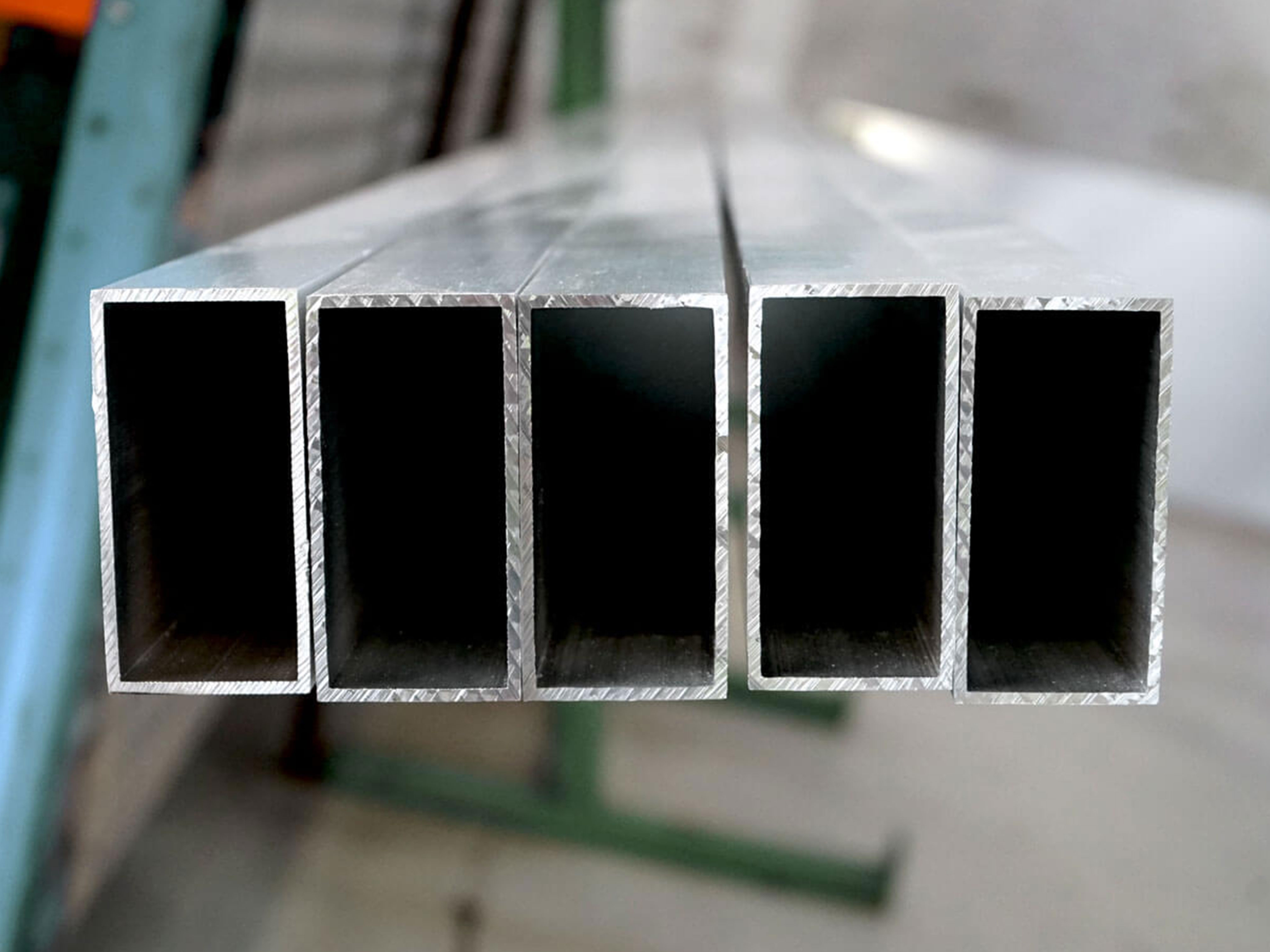
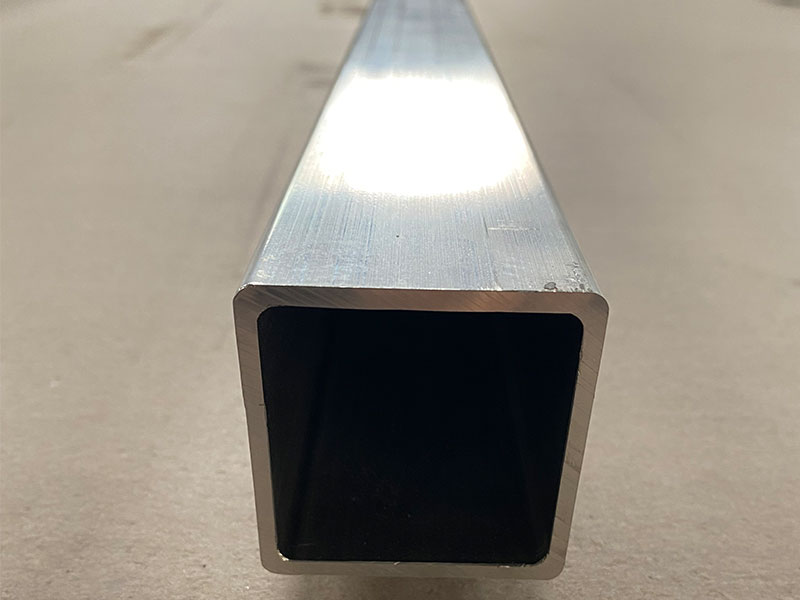
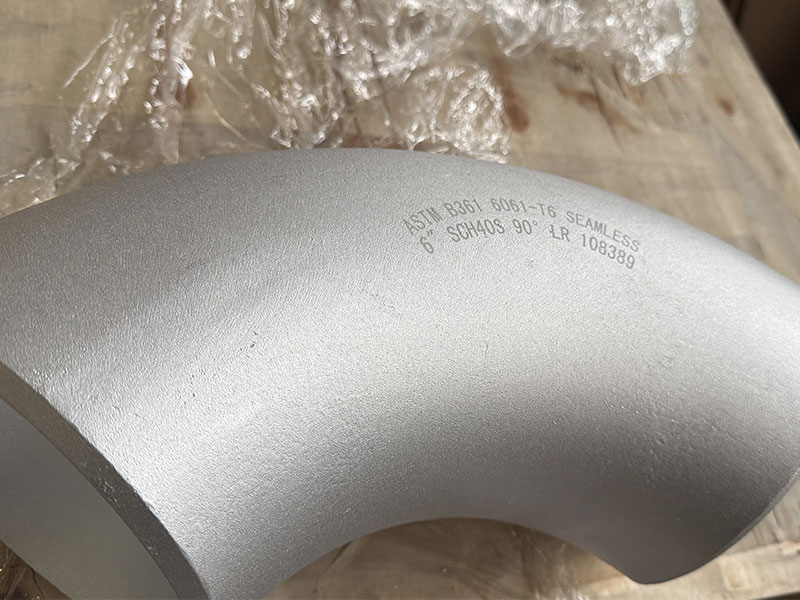
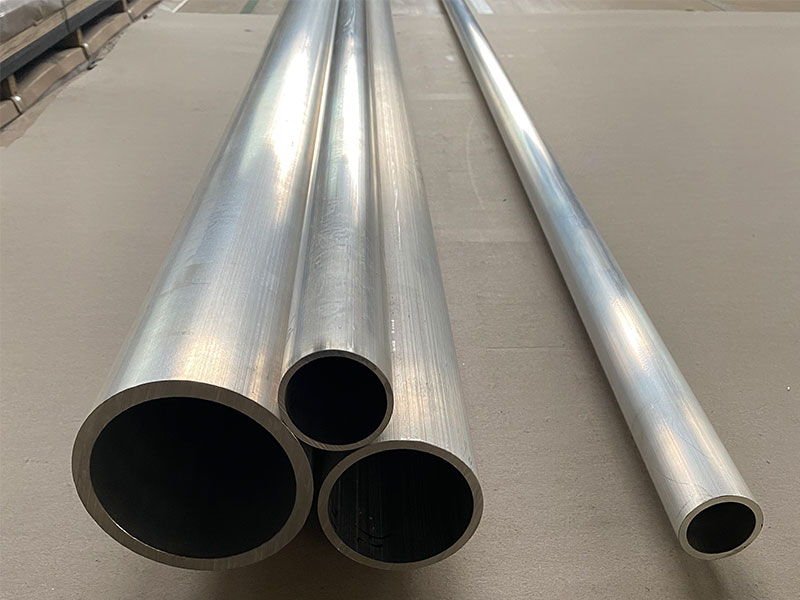






Leave a Message